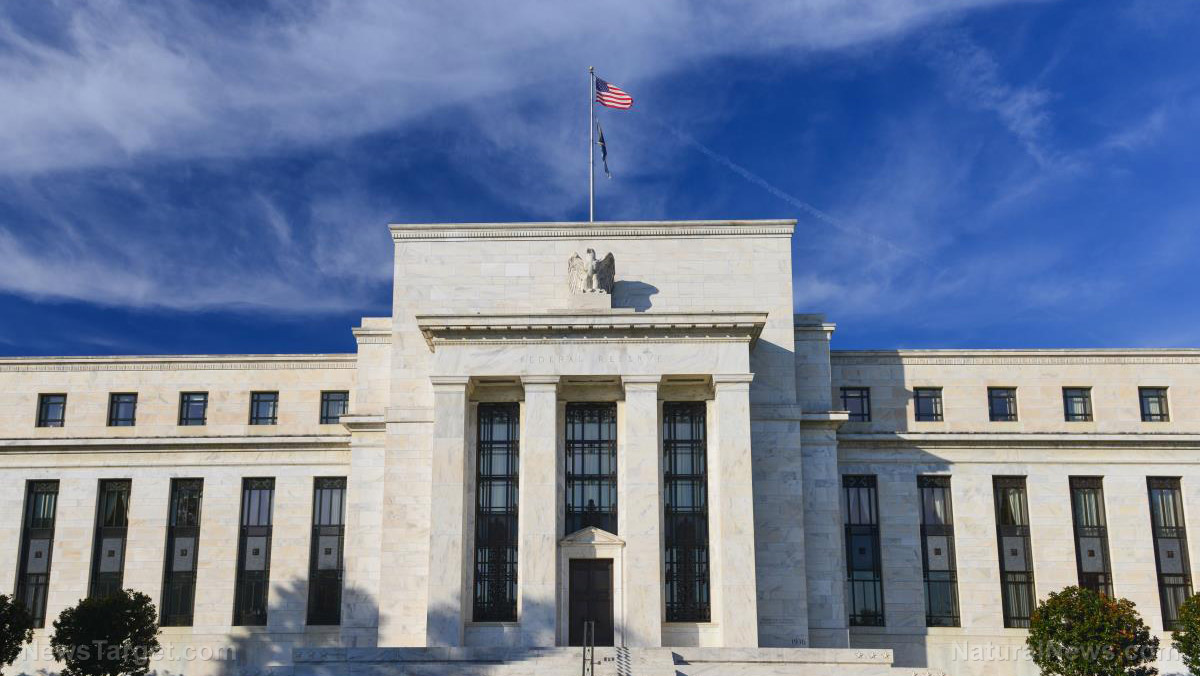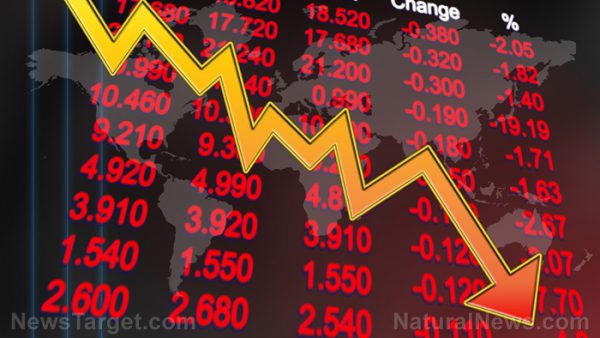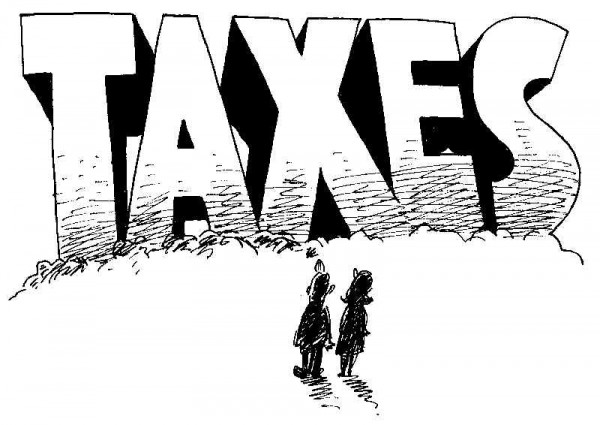The world is drowning in debt… here’s why it will IMPLODE across the UK, USA and China in the near future
06/04/2017 / By JD Heyes

The United States, after eight years of George W. Bush and eight more under Barack Obama, is now sitting at $20 trillion in debt, an amount that is more than 104 percent of our country’s annual gross domestic product. That means if we dedicated every single penny to paying that debt off — which of course is impossible — it would still take more than a year to do.
But as bad as our debt has gotten, we certainly are not alone — nor is our debt-to-GDP ratio the worst in the developed world. Japan, the world’s third-biggest economy, has a debt-to-GDP ratio of a staggering 250 percent, a figure that has grown steadily since 2007, when it was 183 percent.
Italy’s ratio is 132 percent, making it the second-worst in the world. The U.S. is third, followed by Spain (99.4 percent), France (96 percent) and Canada (91.5 percent).
China, the world’s second-largest economy, has a debt-to-GDP ratio of a very manageable 42.9 percent, by comparison. Russia’s ratio is 17.7 percent, which is extremely low.
But these lower-end ratios are changing, and quickly. (RELATED: Shock Report Reveals 60% Of Countries Will Be Bankrupt Within 50 Years)
Frankly, most Western countries have long been living well beyond their capacity. Tax revenues and other forms of income for governments fall far short of expenditures year after year; worse, the largest expenditures for liberal Western governments is the provision of social benefits like retirement, health care and welfare, and they are politically untouchable. They can’t be cut; they can’t even be reduced without sparking outrage and political violence.
As for the U.S., the government isn’t the only one in the hole. Sovereign, corporate, unsecured household/personal, auto loans and student debt are all at record highs, according to Dambisa Moyo, the director of financial services firm Barclays, writing for the Fiscal Times. In credit card debt alone Americans owe something close to $1 trillion, while U.S. companies have piled on about $7.8 trillion worth of debt since 2010, making “their ability to cover interest payments…at its weakest level since 2008,” the year the Great Recession — caused primarily by a collapse in the subprime mortgage industry — began. The Congressional Budget Office, which does have a spotty record of accuracy, has nevertheless estimated that, on current glide paths, U.S. debt is on pace to double in the next 30 years.
These trends are being seen globally now, Moyo writes. Debt is “stubbornly high in Europe,” getting higher in Asia and “surging across broader emerging markets.” In 10 years’ time since the last global fiscal collapse, the world once again has all the makings of a repeat crisis.
Moyo added:
In November last year, unsecured household debt in the UK passed pre-financial crisis highs in 2008. In the UK, debt excluding student loans crept up to £192 bn, the highest figure since December 2008, and it continues to rise this year. Meanwhile, in the eurozone, debt-to-GDP ratios in Greece, Italy, Portugal and Belgium remain over 100 per cent. As of March there were more than $10tn negative yielding bonds in Europe and Japan.
Some economists also worry about the “perennial risk” that China’s debt levels will begin to rise as well, only adding to current economic problems that could become an even bigger problem sometime this year, MarketWatch noted. The biggest of all concerns includes a number of under-performing loans given to state-owned corporations and an “overheated real estate market.” (RELATED: Political Unrest And Turmoil Is Here To Stay – Here’s What You Can Do To Be Prepared For What’s Coming)
The bottom line is, there is much debt in the world today, it’s getting larger, and the lion’s share by far is held by the world’s “richest” countries. Given the interconnectivity of commerce between nations due to globalism, which is the intertwining of production distributed among many markets in many regions, just one debt collapse by a single major economy could snowball, crashing the entire world financial order.
J.D. Heyes is a senior writer for NaturalNews.com and NewsTarget.com, as well as editor of The National Sentinel.
Sources:
Tagged Under: debt crisis, economic collapse, Great Recession, national debt, Western world




















